Focus of Work: Salzburg Music History
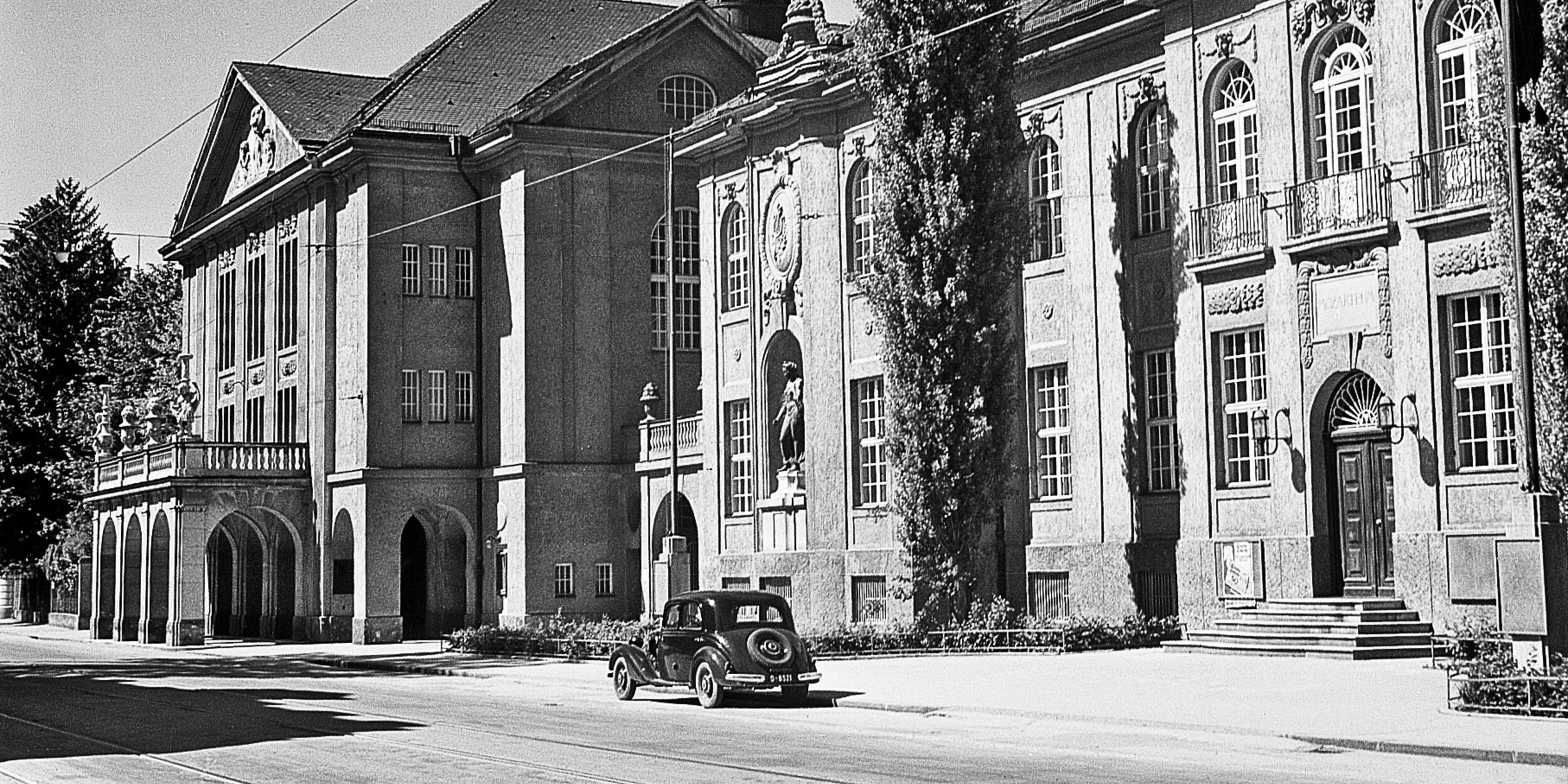
Overview
From local presence to dimensions of international... Since its beginnings in the early Middle Ages, Salzburg's music history has been an example of the interplay between regionality and European networking. The research focus Salzburg Music History is dedicated to its development in the context of sources, reception and interpretation. Symposia, workshops and guided tours are organised, whereby the latter are not only aimed at a specialist audience, but also at a broad circle of interested parties in the sense of the Third Mission. Salzburg's "music turned to stone" (Hermann Bahr) is revived, researched, documented and made accessible in many ways: through publications, overviews of relevant sources and annual bibliographies of specialist literature relevant to the topic.
Research focus Salzburg Music History
+43 676 88122 616
thomas.hochradner@moz.ac.at
Hellbrunner Straße 53
5020 Salzburg
Main Topics
- Comparative Regional Musical History
- Older Salzburg music history in the Middle Ages and Renaissance
- Musical life of the archbishop's residence in comparison with other Central European residences
- Role of music practice in various social classes and social communities such as monasteries
- Salzburg's role as a crossroads of Italian and South German-Austrian musical culture until the beginning of the 19th century
- Intensity and significance of musical life in the Biedermeier and Gründerzeit periods
- Salzburg's position in musical modernity and contemporary culture
- Local and international scope of W.A. Mozart's influence and Salzburg's musical 'radiance
- Aspects of dance history
- Developments in musical institutionalisation and their interaction with socio-economic conditions in the city and countryside
- Musical folk culture in the city and province of Salzburg
- History of the University Mozarteum Salzburg and its predecessor institutions
Events
-
Guided tour through the JazzitAndreas Neumayer and Willi Tschernutter will guide you through the location of the converted former Volksheim, where workshops and music education take place alongside concerts from a wide range of musical genres.Guided Tour· Free entry
-
Musical regional history in discourseConference· Free
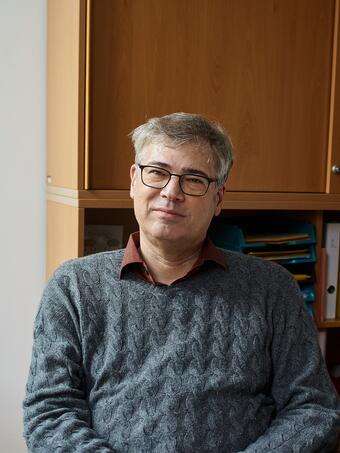
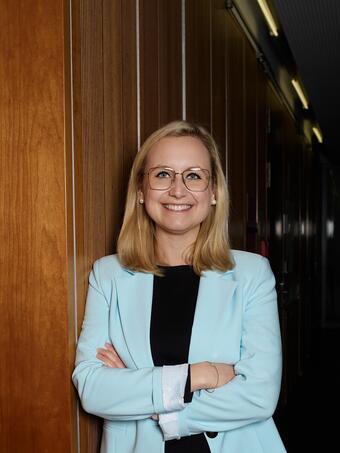
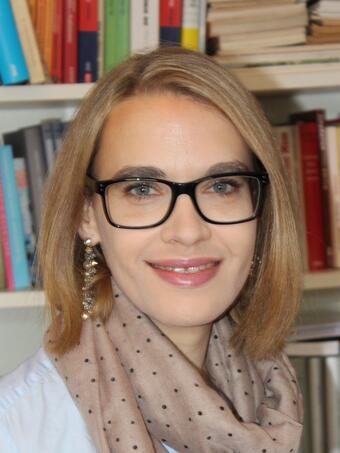
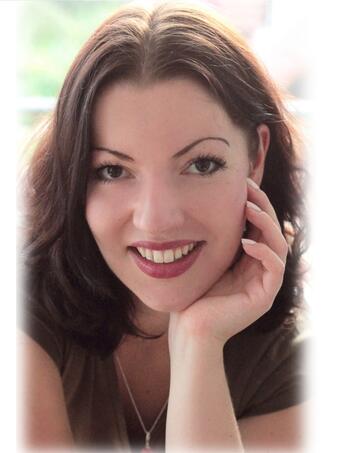
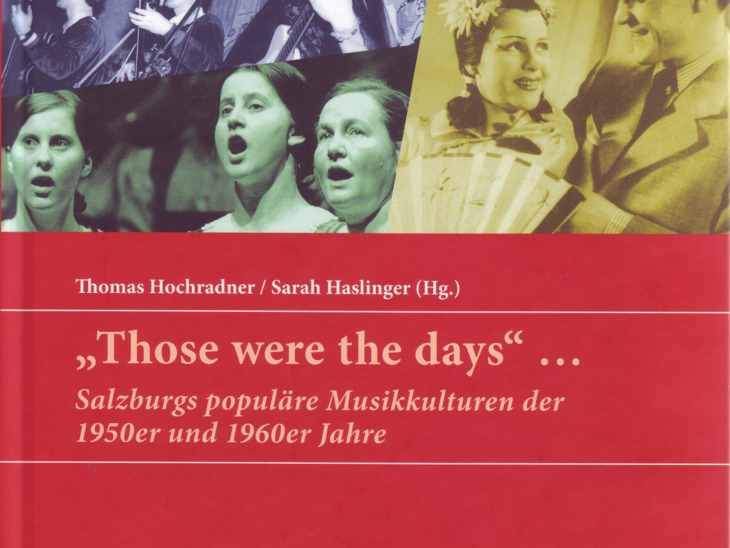
![Titelblatt des Librettos Extemporanea Theatri [...] | © UB Salzburg Rara 3988 I Titelblatt des Librettos Extemporanea Theatri [...] | © UB Salzburg Rara 3988 I](/cache-buster-4/Service/ASM/3705/image-thumb__3705__newsCard/5_Titelblatt%20des%20Librettos%20Extemporanea%20Theatri%20%5B...%5D%3B%20%28c%29%20UB%20Salzburg%20Rara%203988%20I.jpg)
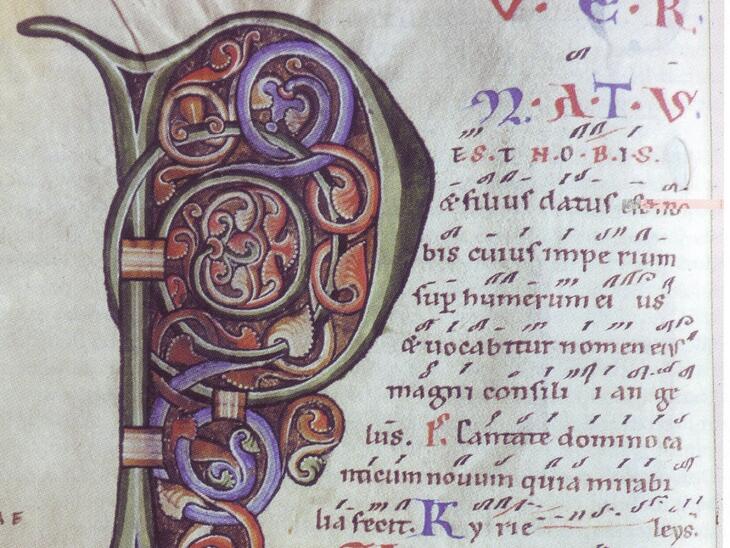

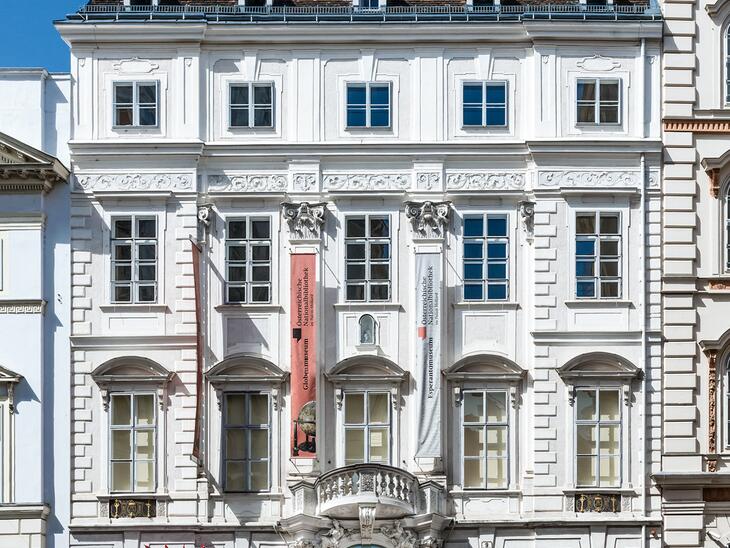
![Johann Michael Sattler, Ansicht der Dreifaltigkeitsgasse [Kosmorama] 1827/28 | © Salzburg Museum Johann Michael Sattler, Ansicht der Dreifaltigkeitsgasse [Kosmorama] 1827/28 | © Salzburg Museum](/cache-buster-5/Studien/Musikwissenschaft/4295/image-thumb__4295__newsCard/Hubert%20Sattler_Ansicht%20der%20Dreifaltigkeitsgasse_c_Salzburg%20Museum.jpg)